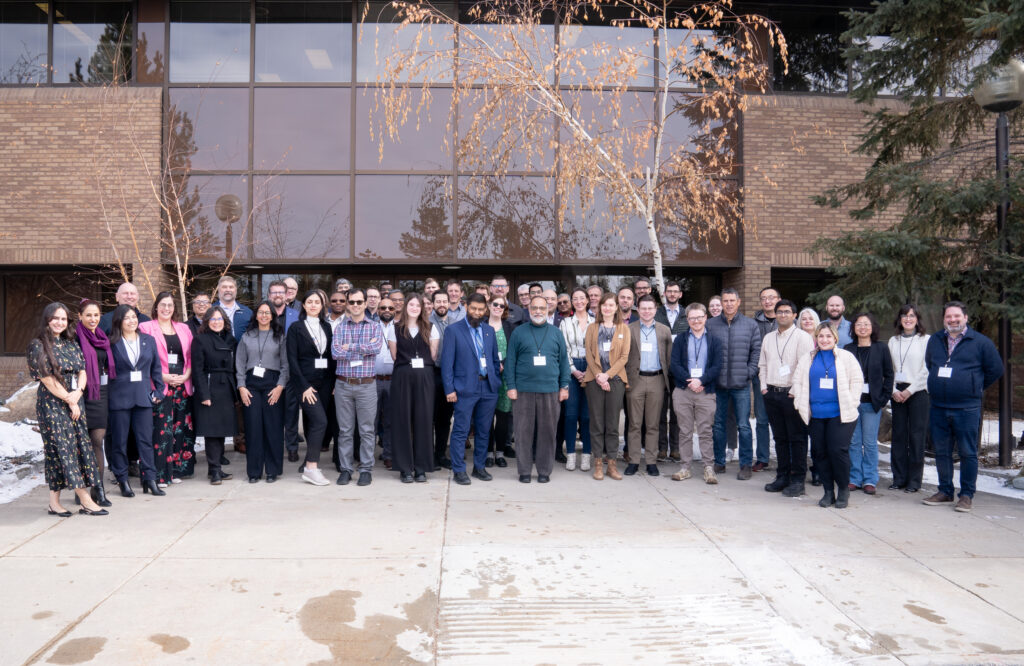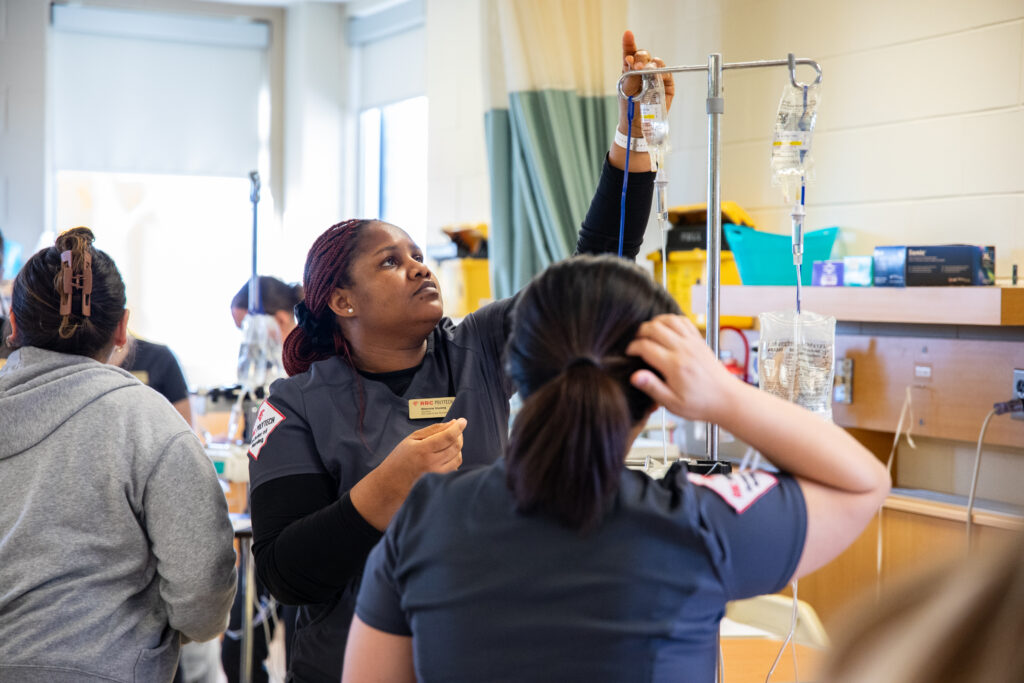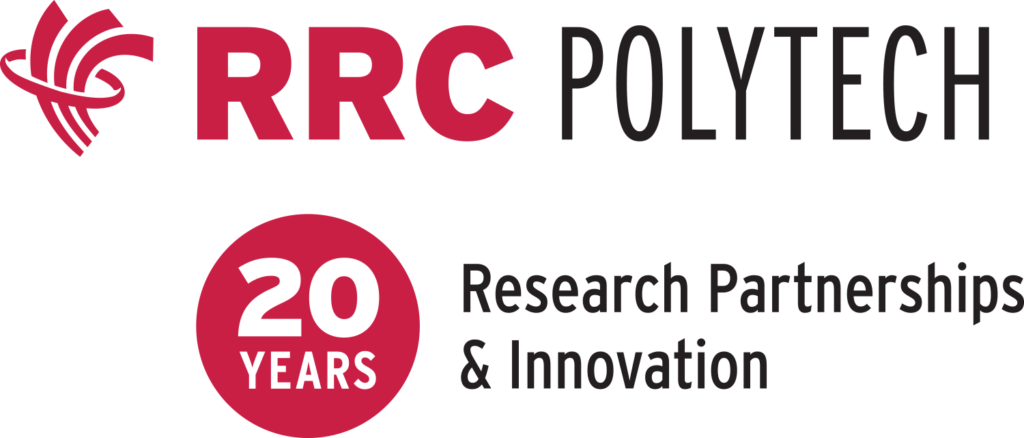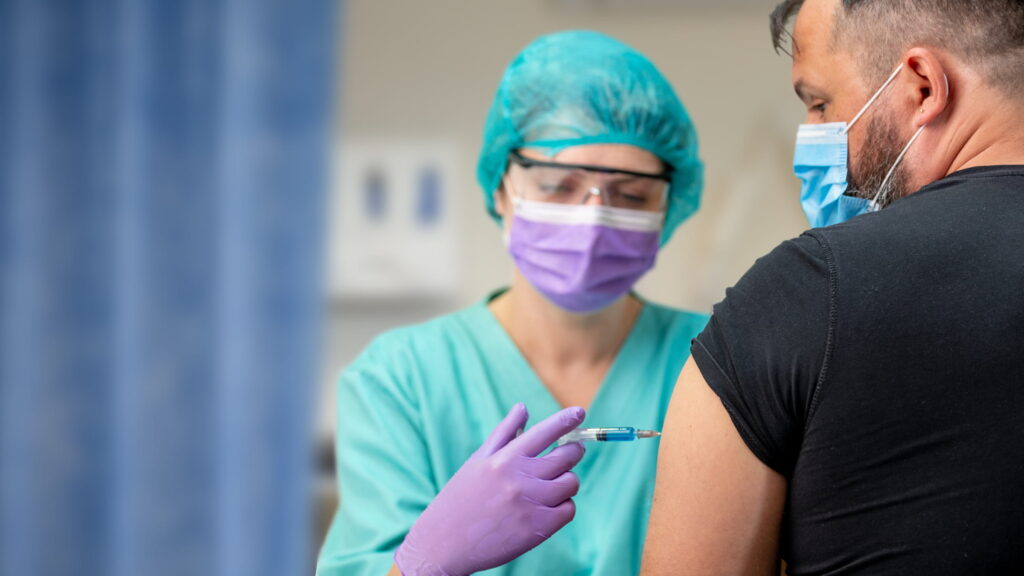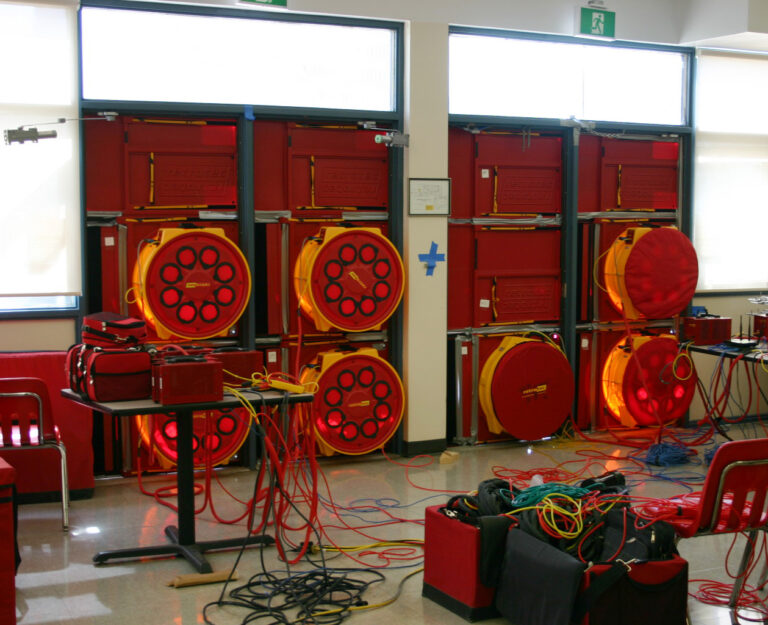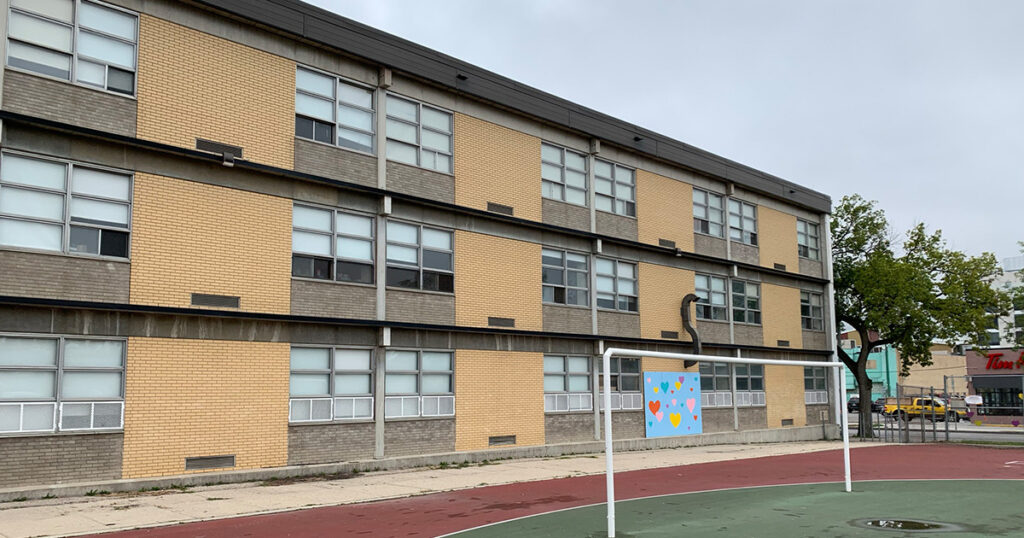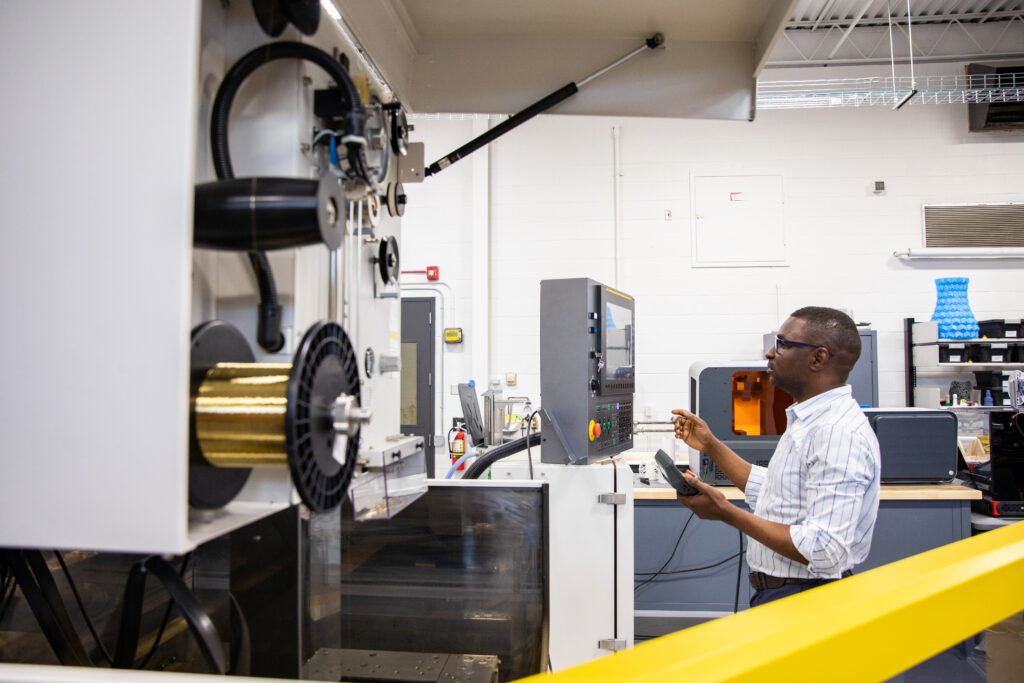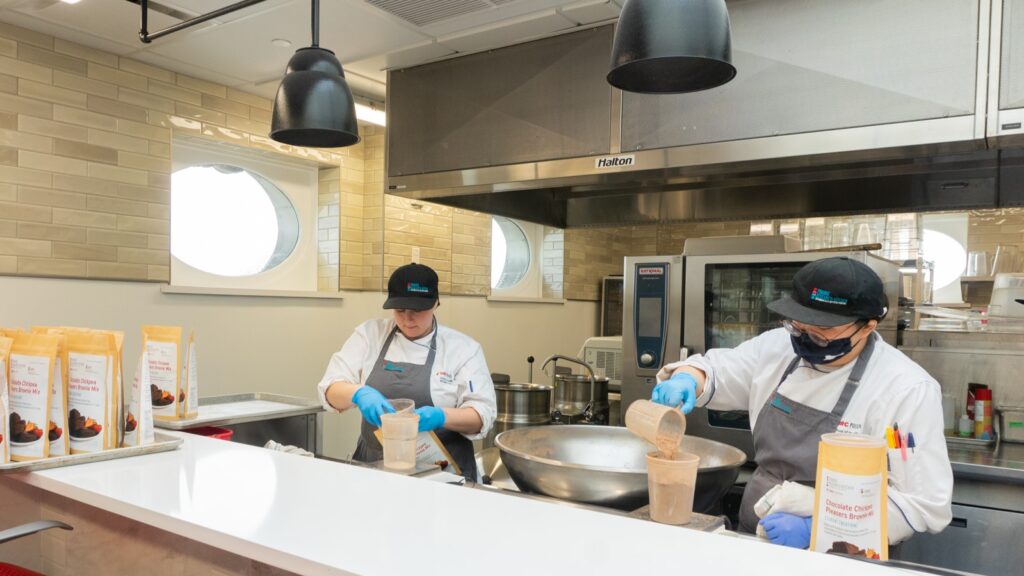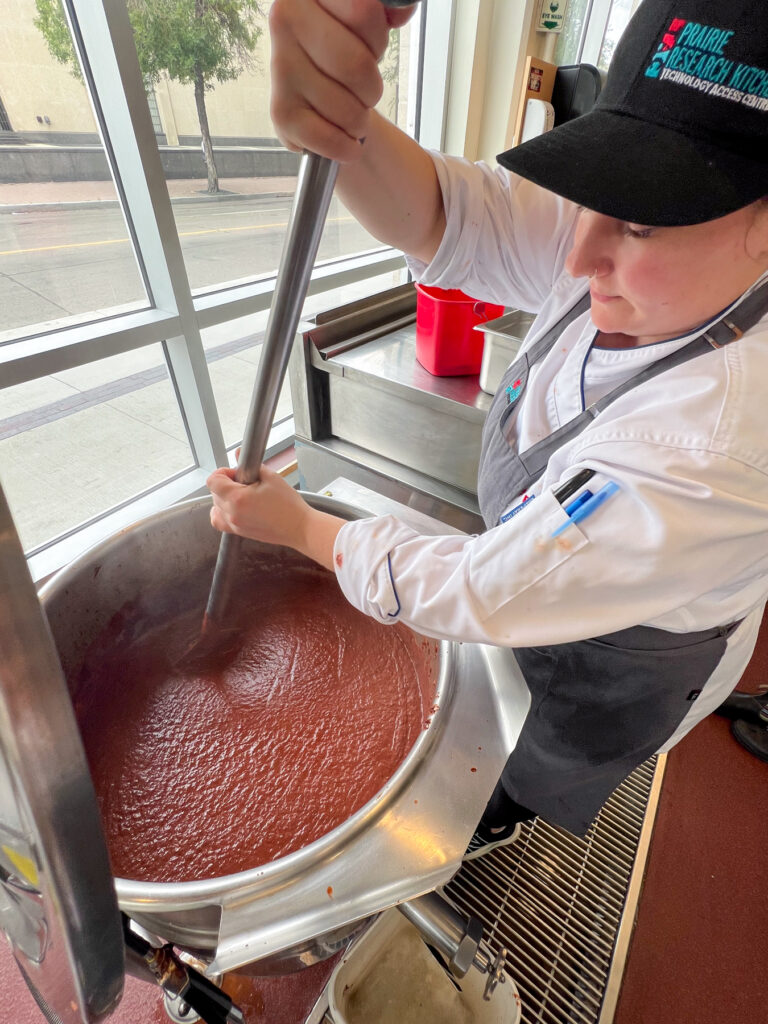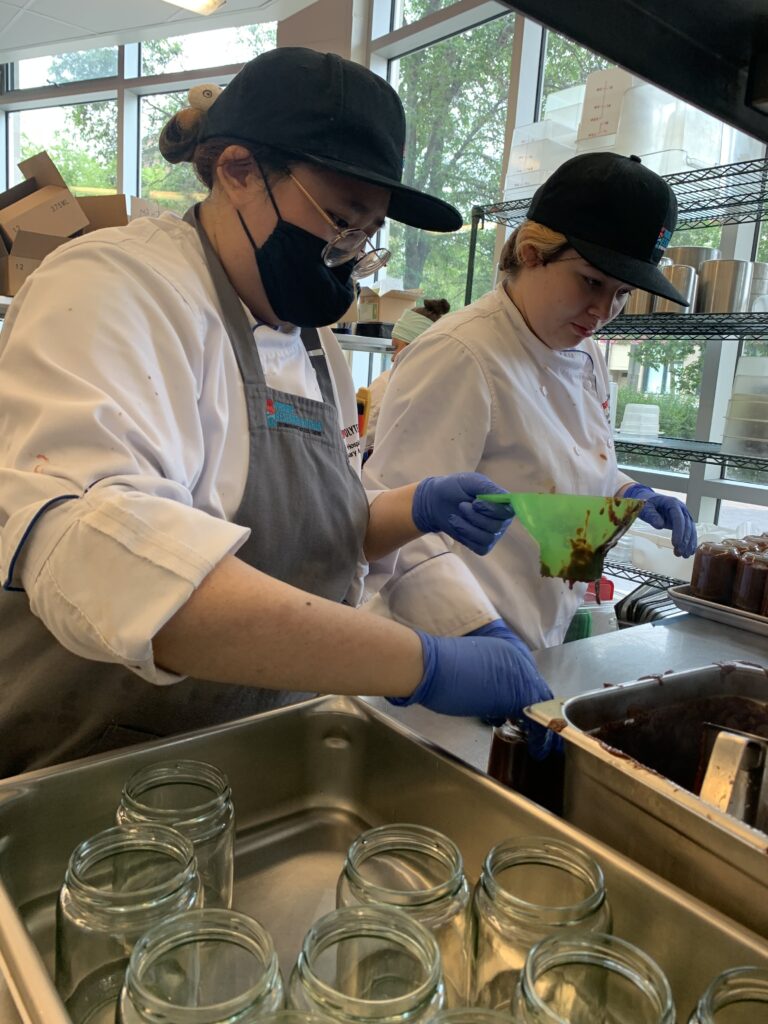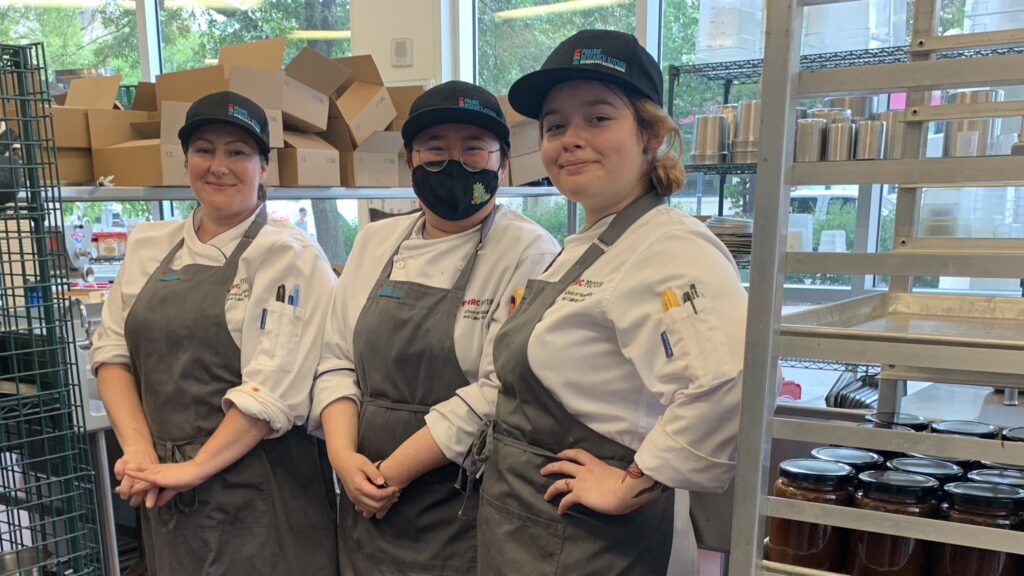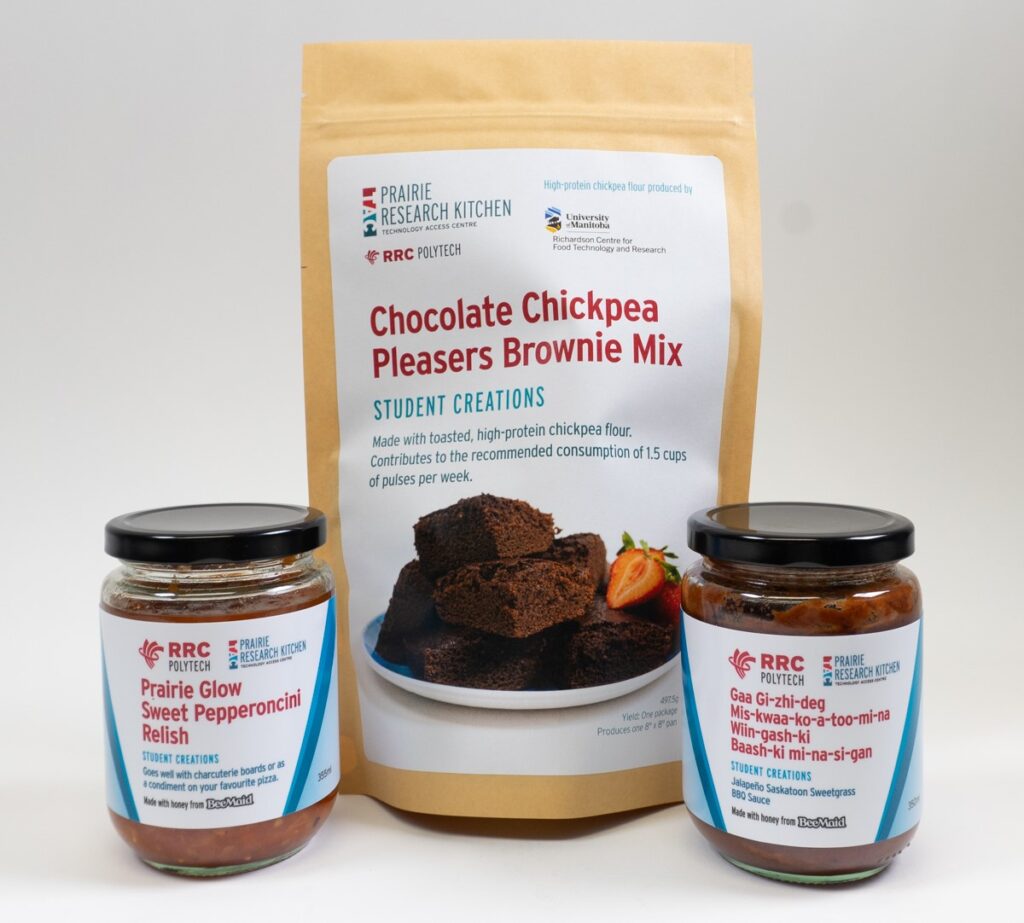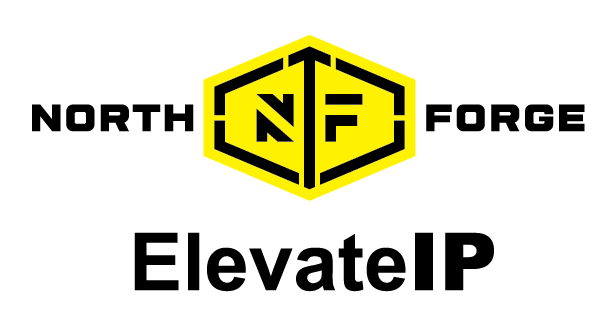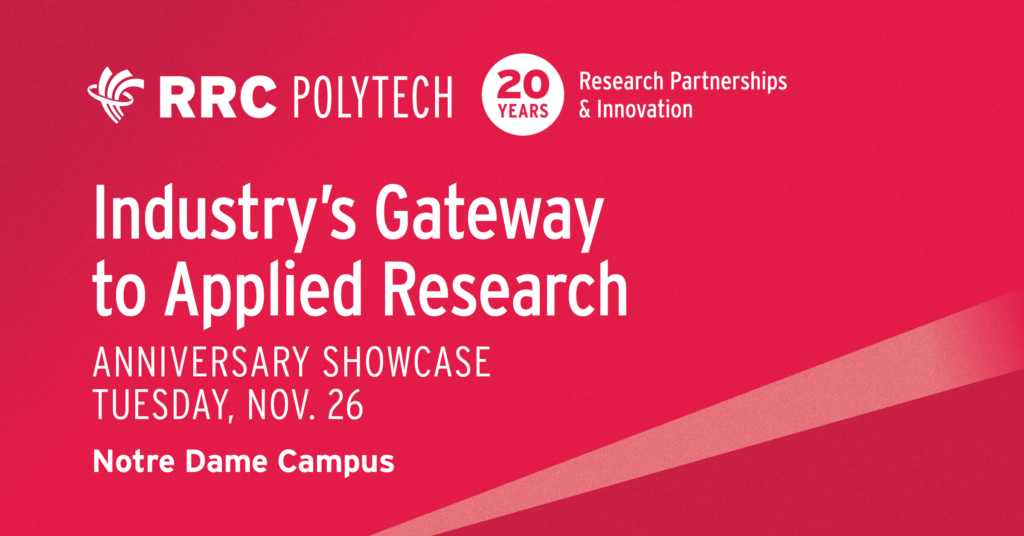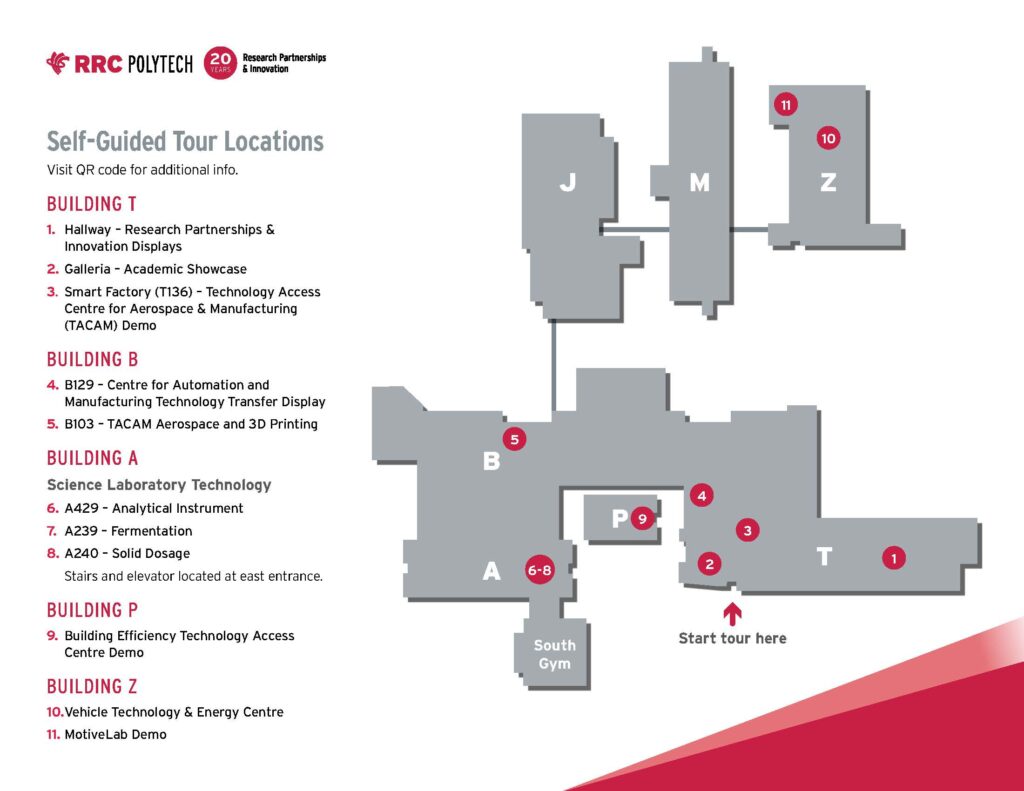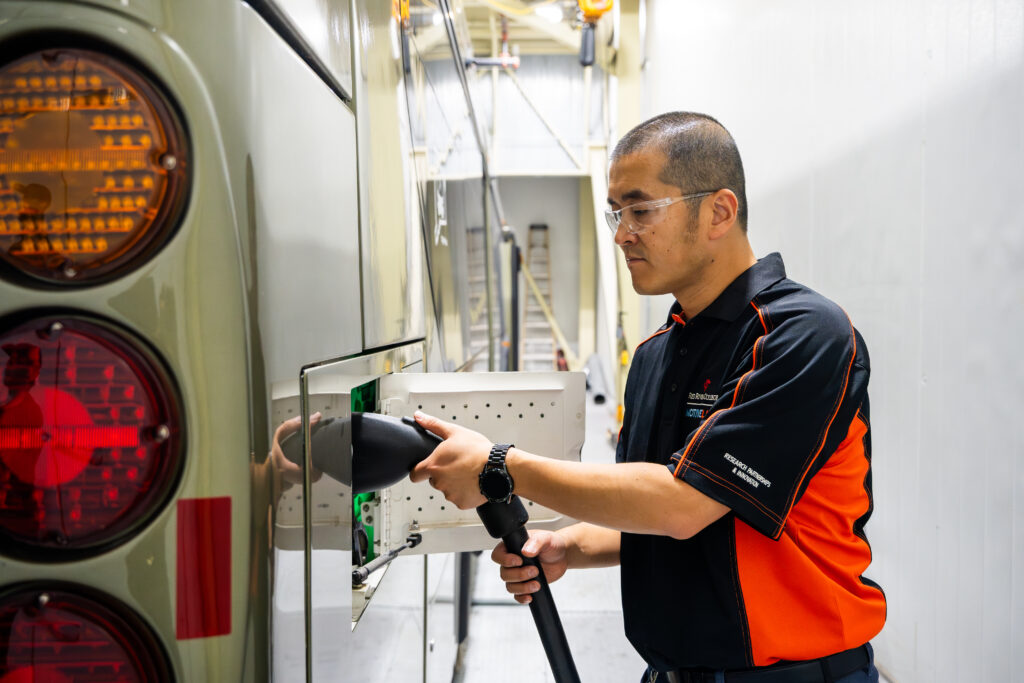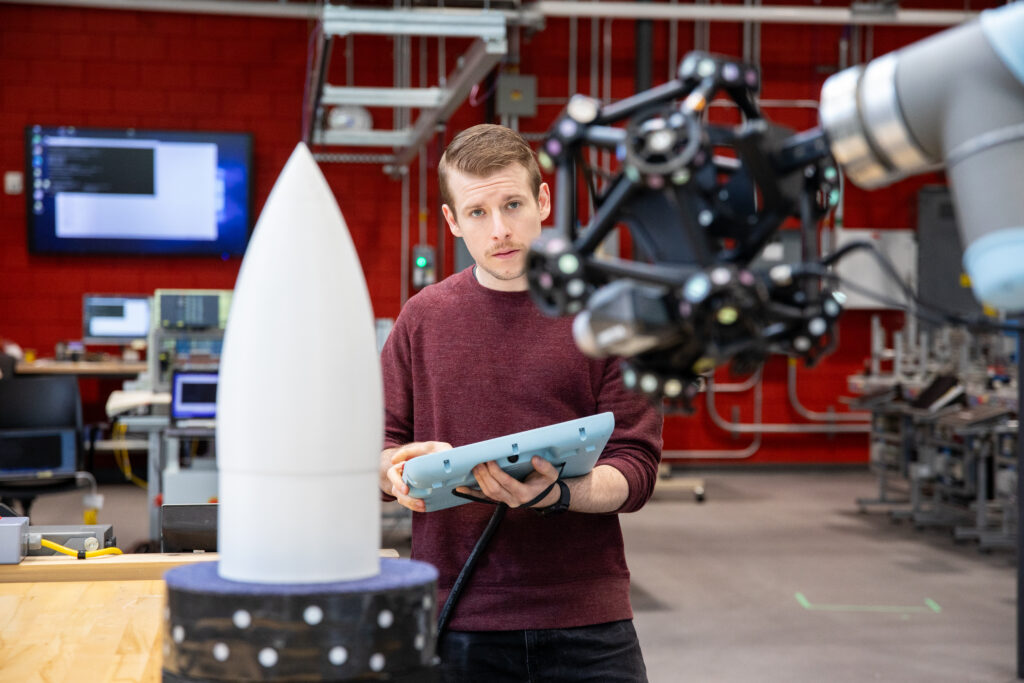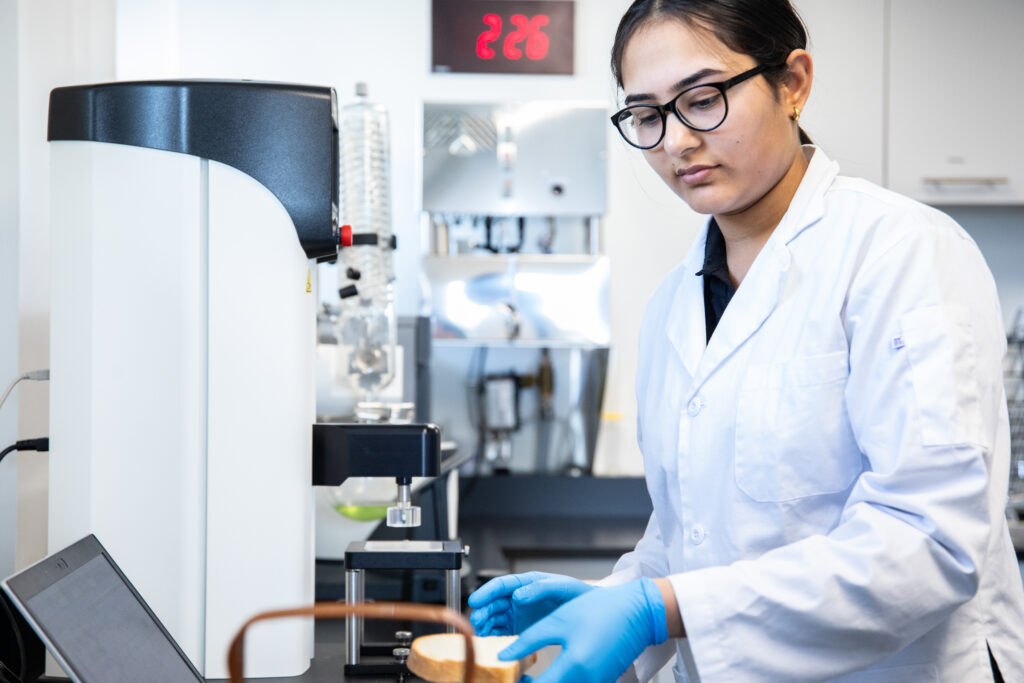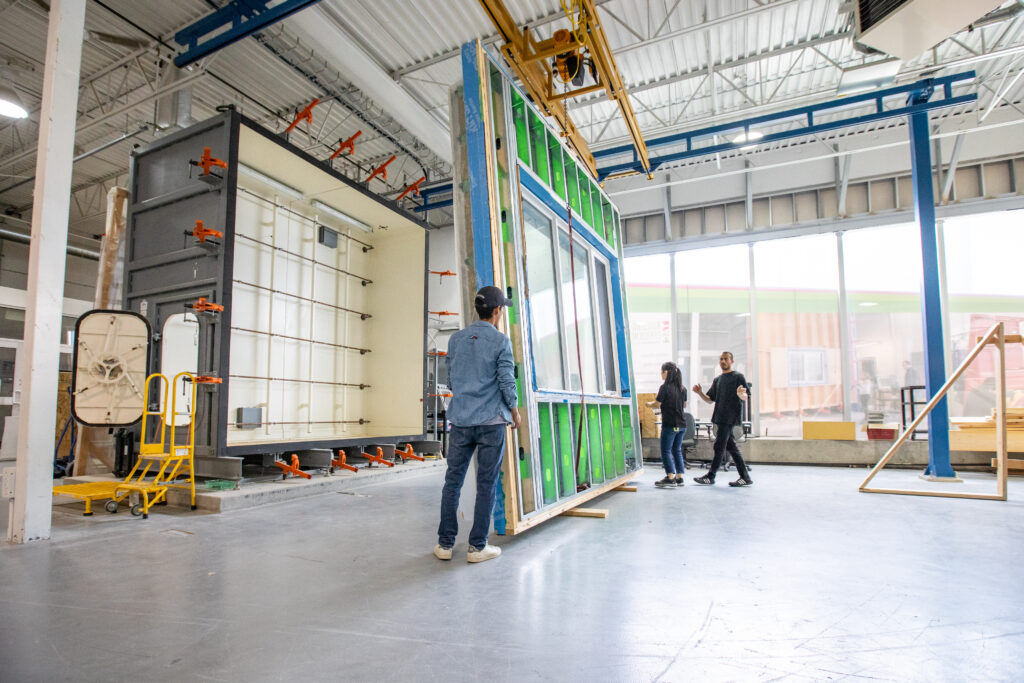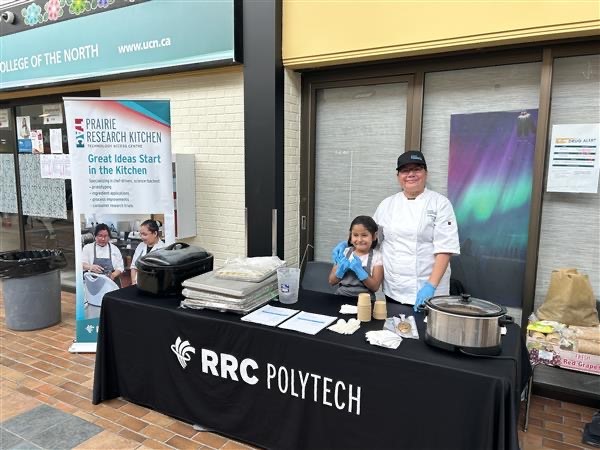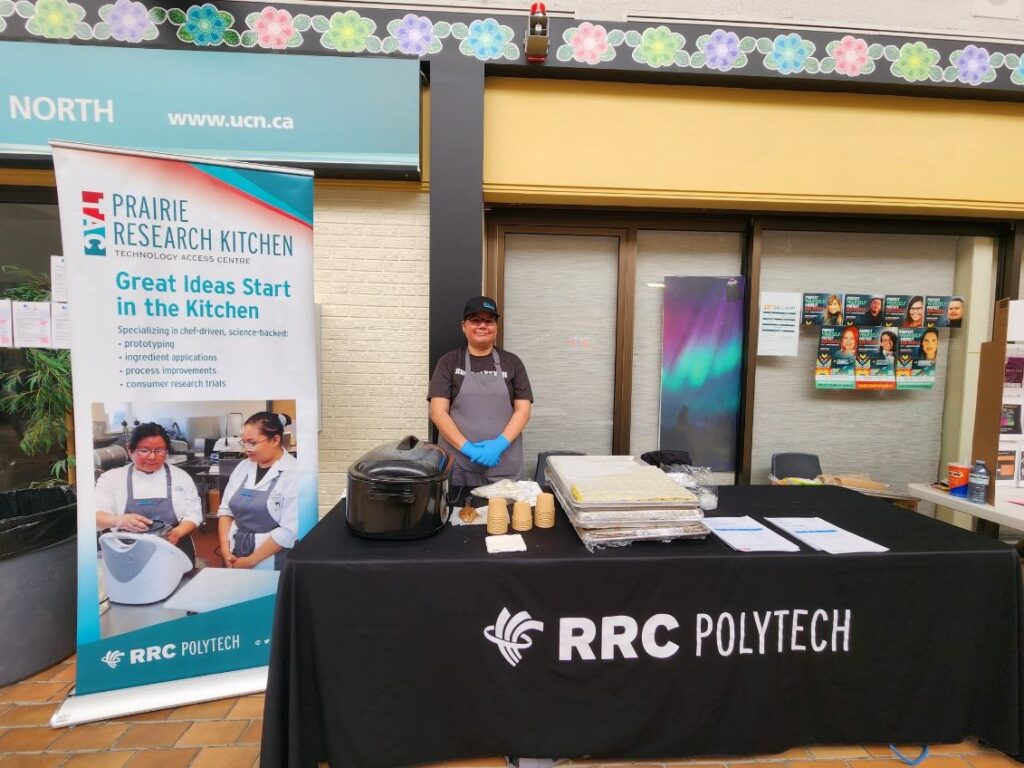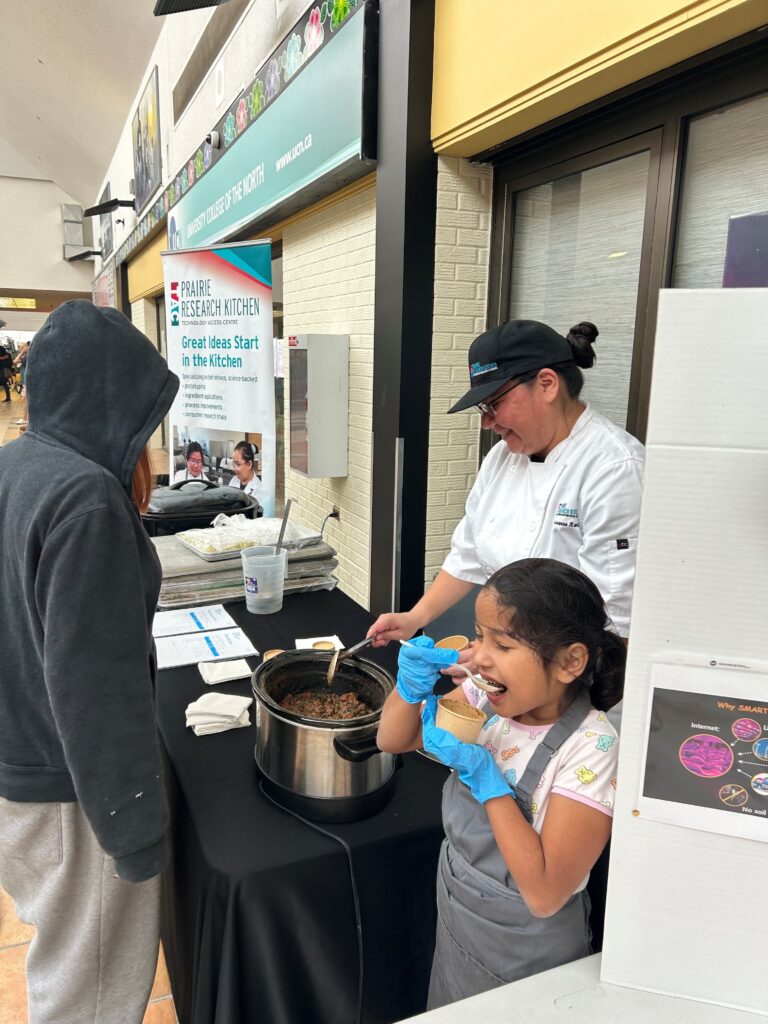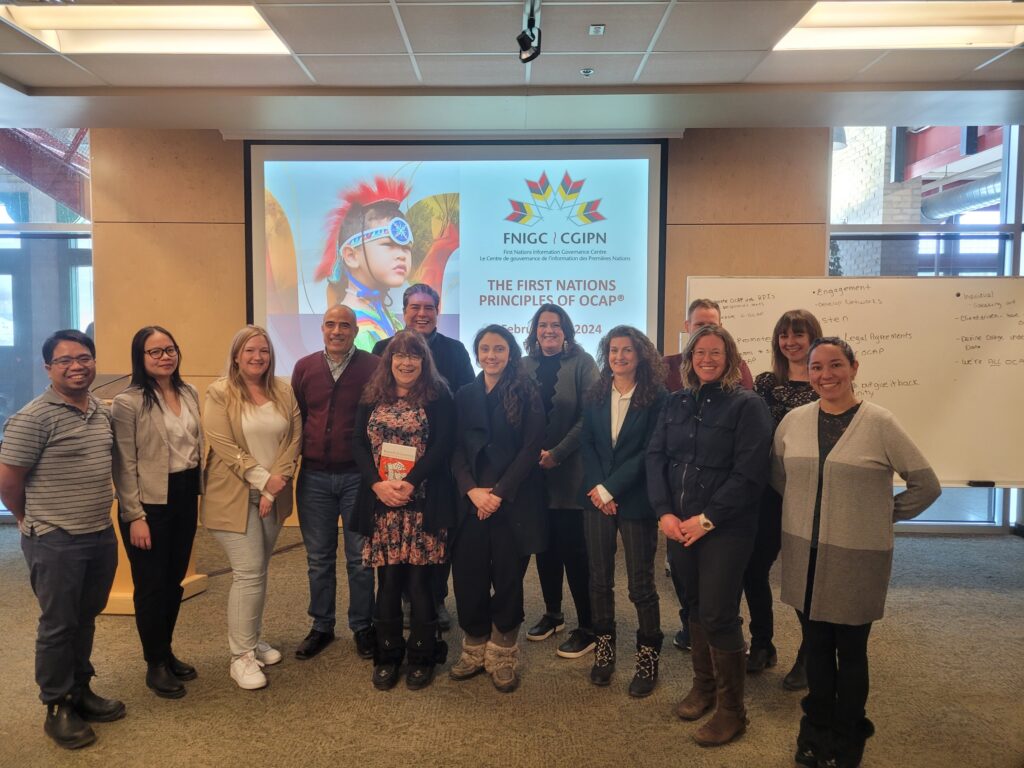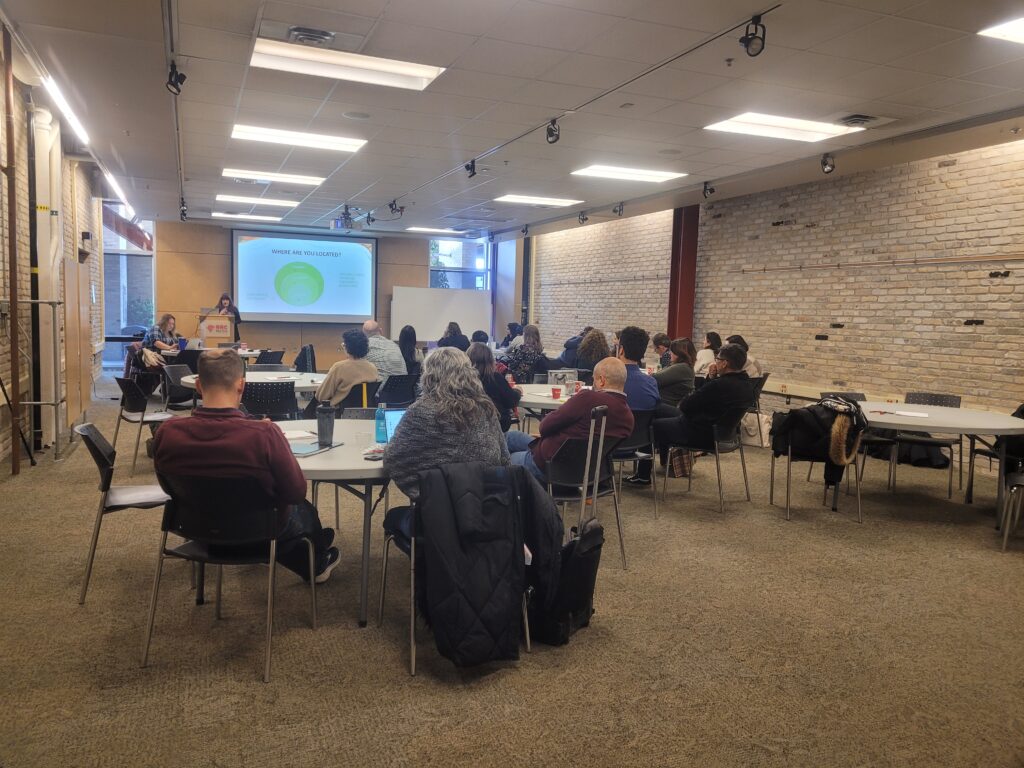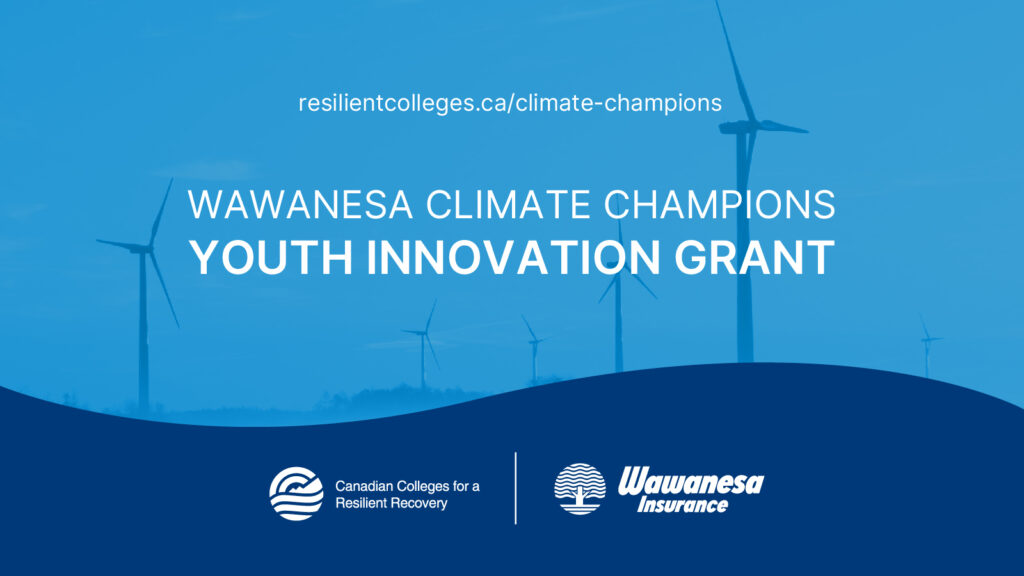RRC Polytech digs into first initiative with P2INACLE partners in Saskatoon
A new polytechnic network created last month to provide industry partners with better access to applied research expertise and facilities is already digging into how it can support the mining and minerals sector across the prairies.
Designed to drive economic growth and diversification through collaboration, the Prairie Polytechnic Innovation Network Accelerating Commercialization for Local Ecosystems or P2INACLE launched its first pilot initiative in Saskatoon in mid-March.
A team from RRC Polytech joined peers from across Western Canada at P2INACLE’S lead institution, Saskatchewan Polytechnic to meet with the International Minerals Innovation Institute (IMII) for some great discussion about the challenges that mining firms are facing and idea generation for ways to address them.
In May, P2INACLE researchers will join a larger group of mining and minerals industry professionals at IMII’s IDEATE 2025 event to connect and explore specific applied research projects that can solve problems for partners in the mining industry.
“This initiative will address key industry challenges and harness the collective expertise of polytechnics and industry partners across the Prairies, driving both economic growth and technological advancements,” said Al Shpyth, Executive Director of IMII, in last month’s PrairiesCan funding announcement. “We look forward to the impactful solutions that will arise from this collaborative effort.”
Although mining is the focus of its first initiative, P2INACLE aims to be a catalyst for wide-spread regional prosperity by providing streamlined access to resources for all industries, including small and medium-sized enterprises as well as larger businesses. By leveraging the expertise and facilities of each polytechnic, P2INACLE offers tailored solutions for commercialization and diversification, fostering innovation and knowledge exchange. Areas of expertise also include clean technologies, digital technologies, value-added agriculture and natural resources.
Manitoba-based partners and businesses are invited to reach out to RRC Polytech’s Research, Partnerships & Innovation (RPI) department to learn more about P2INACLE and how they can connect with the College’s expertise.
